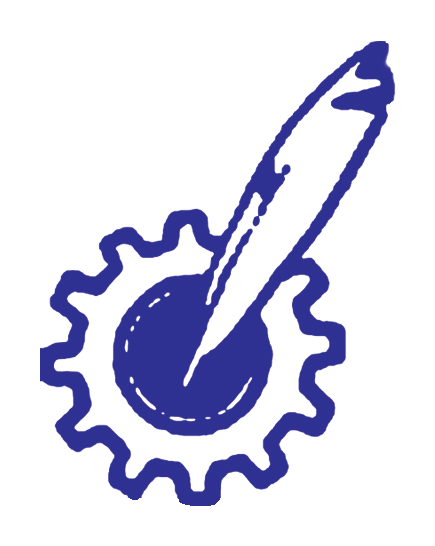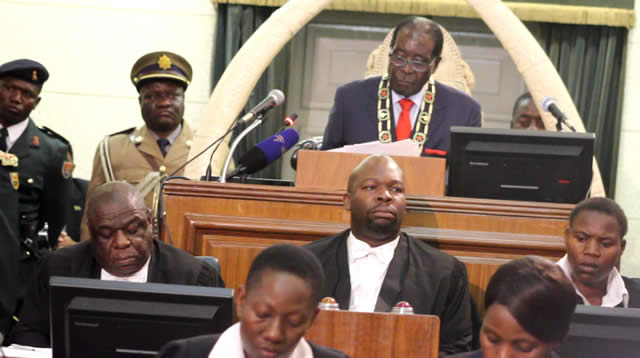EDITORIAL COMMENT: Keep check on health centres to rid them of fake drugs

Counterfeit medicines are often sold to patients in Africa, prejudicing them of their hard-earned money, and in many cases, of their health and lives. Registered pharmaceutical manufacturers and retailers suffer too as some of their potential business is diverted to the underworld as patients buy fake drugs. Economies are affected as well because fake drug dealers are underground operators who don’t pay any taxes.
The drugs are sold on the streets in many African countries but some daring traders sell them through formal outlets, mixing them with genuine ones which makes it almost impossible for buyers to detect if they are being conned or not. The World Health Organisation defines counterfeit medicine as “one which is deliberately and fraudulently mislabelled with respect to identity and/or source.”
The billion dollar industry, according to the WHO accounts for more than 30 percent of the medicines on sale in some parts of Africa, Asia and Latin America. The forged medicines are a serious danger to a consumer’s health, and patients can face a number of risks after consuming them.
Experts say they can contain an inadequate amount of active ingredients, and are sometimes completely devoid of any active ingredients, which can cause major adverse effects and complications for a consumer. If a drug contains too low of a dose of active ingredients, not all bacteria, parasites and viruses are killed if a patient takes the drugs. These germs can therefore become resistant, allowing them to multiply and spread, causing consumers to either die or grow much sicker.
WHO also states that about 100,000 deaths a year in Africa are linked to the counterfeit drug trade. Globally as many as 700,000 people die due to fake malaria and tuberculosis drugs. The implications of fake drugs are there staggering as the statistics show, requiring governments, registered pharmaceutical operations and global multi-lateral health organisations to work harder to curb not only the trade in the medicines, but also their manufacture.
We report elsewhere in this edition that local police recently arrested 395 drug traffickers and confiscated more than 424,000 pills that include fake ARVs after a national three-day countrywide clampdown on illegal pharmaceutical operators. We quote national police spokesperson Senior Assistant Commissioner Charity Charamba saying the campaign, Giaboia II was carried out jointly with Interpol and covered Southern Africa.
“Three hundred and ninety five accused persons were arrested including the bogus doctor. The bogus doctor was operating an illegal clinic in Karoi. The clinic was immediately closed and the various surgery implements as well as numerous unregistered drugs were recovered,” she said. The reasons why the sham medicines are available in Africa are many. They include ignorance on the part of the patients. They take anything that pretends to be a medical drug. Another factor, which is connected to the foregoing, is poverty. Patients buy them because the drugs tend to be cheaper than the genuine ones. Weak policing is another factor. By this we mean weak policing of borders that encourage smuggling and weak policing of the markets, that the presence of the counterfeit medicines isn’t promptly detected and dealt with.
Lack of training, insufficient manpower and corruption often plague national regulatory agencies. Furthermore, government inspectors in some countries frequently accept bribes and kick-backs to allow the fake drugs to pass borders. We welcome the Interpol campaign against unscrupulous people who seek only money even if it means letting people die after taking their counterfeits, but it is clear to us that the last regional operation was done in 2013, in East Africa. We are unsure when the last one was conducted in Southern Africa. It is evident therefore that as Africa, we are not doing enough of the regional campaigns against bogus medicines. We need more regular and prolonged operations given the broad, cross-border nature of the challenge.
Still on governments, we implore them to strengthen their public health systems to ensure that a patient can walk into a government hospital, is diagnosed and gets his or her drugs from there instead of the prevailing situation where patients are diagnosed and told to buy medicines from the private players, where some traders peddle fakes.
At the same time, governments need to enhance policing of their borders to prevent smuggling. If they do that, it means there would not be any fake drugs entering their country, so their people would be safe. Patients themselves need to know that even if they are resource-poor, buying cheap is not always the best. There are no short cuts to sound health, so they need to use established outlets.
“Counterfeiting is more than a criminal act,” wrote Professor Pierre Ambroise-Thomas, the WHO expert on malaria and tropical parasitic diseases, in the Mediterranean Journal of Haematology and Infectious Diseases. “Manslaughter is perfectly justified to describe such an act although some prefer calling it simply murder.”










Comments